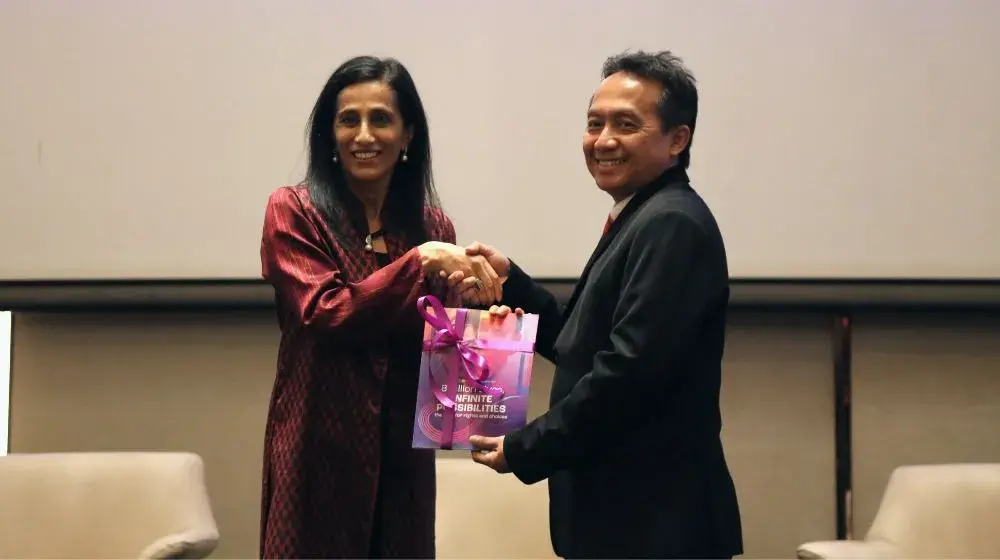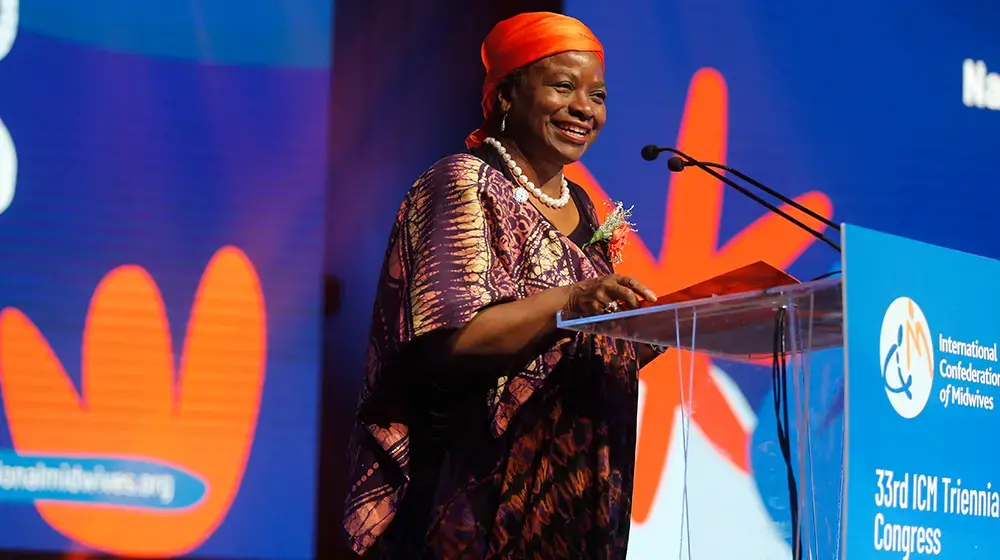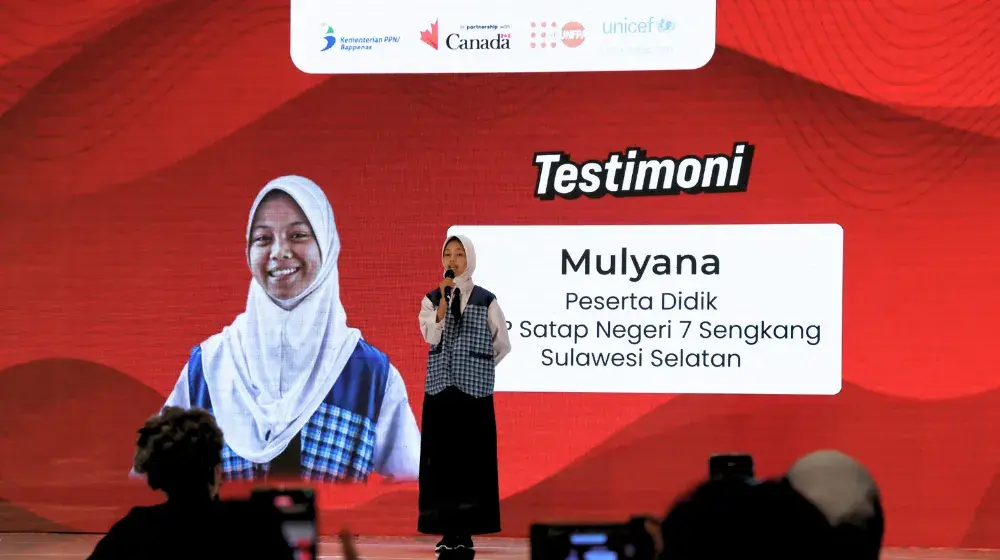The third training course on Strategic Partnerships with Muslim Religious Leaders in Family Planning recently took place in Yogyakarta in early August, where 17 participants from across Asia and Africa learned how religious leaders played an instrumental role in Indonesia’s successful family planning (FP) programme.
Funded by the United Nations Population Fund, UNFPA, the Bureau for Foreign Technical Cooperation of the Ministry State Secretariat of Indonesia, and the National Population and Family Planning Board (BKKBN), the training workshop was developed as part of the South-South Cooperation programme. Following the second workshop for the course, which was held in June 2014, the Ministry State Secretariat and BKKBN signed an implementation agreement with UNFPA to fund 20 scholarships for visiting participants from 2015-2017.
“As a middle-income country, Indonesia has the capacity and the responsibility to play a role as a leader in international development cooperation,” explained UNFPA Indonesia Representative Mr. Jose Ferraris. “This current training course has been designed as a forum for Indonesia to communicate its experiences in developing strategic partnerships with Muslim religious leaders, and to share the lessons learned and best practices with participants from various countries.”
Most of the 17 participants were Muslim religious leaders (MRL) and came from Afghanistan, Chad, India, the Maldives, Nepal, Pakistan and the Philippines for the six-day workshop, which ran from 3-8 August.
Split into two components, the workshop started off with a variety of didactic sessions including lectures and discussions about the philosophies, policies, strategies and activities of Indonesia’s MRL and Islamic-based organizations in the FP programme such as the Indonesian Ulema Council (MUI), Nahdlatul Ulama (NU) and the Muhammadiyah. The involvement of Indonesian MRL on the issues of adolescents and reproductive health and HIV were also presented to highlight the Islamic perspective in these two areas.
The second part of the workshop was spent in the field to allow the participants to observe different community-based FP programmes. Field trips included visits to the Gondomanan District of Religious Affairs (KUA), where they observed the pre-marriage counselling sessions for soon-to-be-married Muslim couples, adolescents and youth, to the Al Mahali Islamic Boarding School, which is known locally as pesantren, to see how students receive information on adolescent and reproductive health issues, and to the Baiturrahman Mosque in the Sleman District to view theirpasadaya programme – which is a typical community-based development effort aimed to improve the quality of life by strengthening family functions. There were also visits to an MRL-led private hospital, which offers free FP services with support from BKKBN, and to the Harjo Santoso Village, where participants heard first-hand experiences from a group of men who had undergone a vasectomy.
Most of the participants were very impressed with the training programme. One of them from Chad said that he, “learned many things, especially the Islamic way of FP”.
“Indonesia is a big and nice country and I am glad that I came here. I saw that the role of the mosque is not just reading the Qur’an but also to help our brothers in education and other aspects of life,” explained one of the participants from Chad.
The training workshop ended with participants presenting their respective action plans and strategies about how they could apply the information learned in Yogyakarta and engage MRL participation in FP and RH back in their countries.




